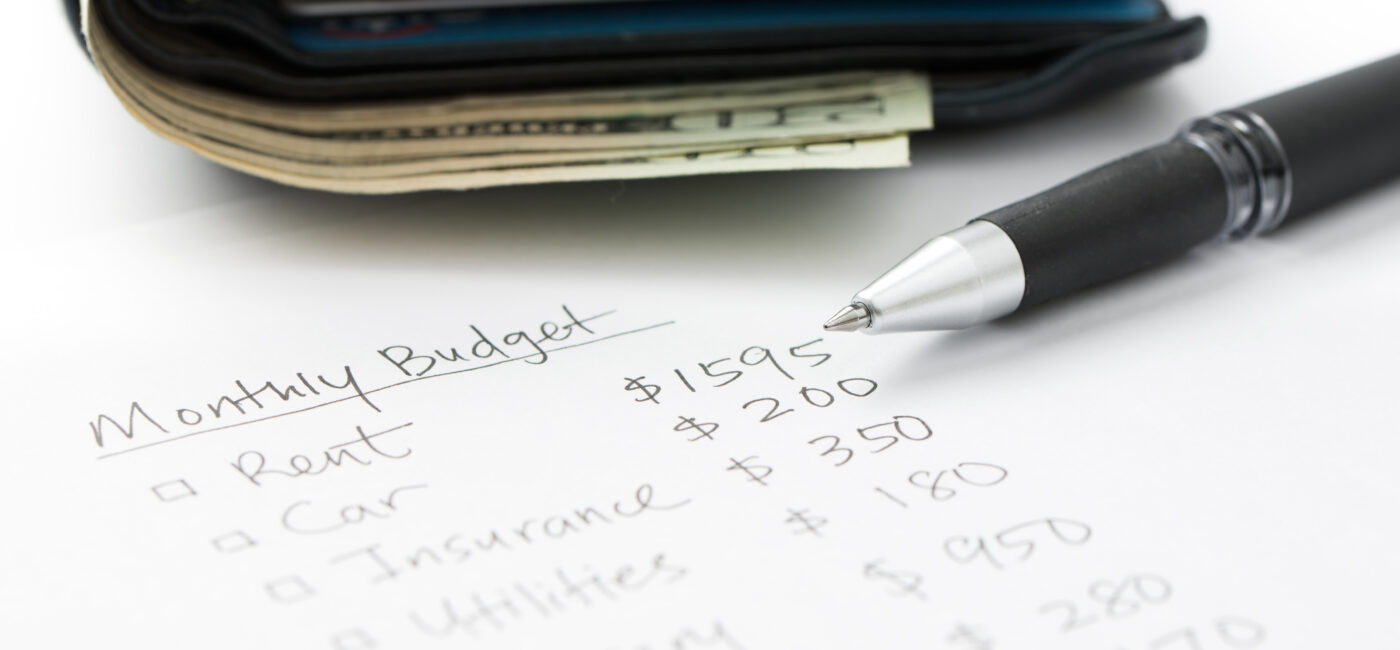Are you tired of watching your hard-earned money slip through your fingers like sand on a beach? Creating a personal budget can be your lifeline to financial freedom. In this comprehensive guide, we will walk you through the process of creating a personal budget that works for you.
Whether you’re saving for a dream vacation, paying off debt, or just wanting to gain better control of your finances, we’ve got you covered. Let’s dive into the world of personal budgets and unlock the path to financial success.
Understanding the Importance of a Personal Budget
Before we jump into the nitty-gritty of budgeting, let’s understand why having a personal budget is crucial.
Hitting Your Financial Goals
Imagine setting out on a road trip without a map or GPS. Chances are, you’ll get lost or run out of gas before reaching your destination. The same goes for your financial journey. A personal budget is your roadmap to financial success. It helps you allocate funds to your goals, whether it’s buying a new car, owning a home, or building an emergency fund.
Gaining Financial Control
Do you often find yourself wondering where your money went at the end of the month? Without a budget, it’s easy to lose track of your spending. A personal budget gives you control over your finances. It allows you to see exactly where your money is going and make informed decisions about your spending habits.
Creating Your Personal Budget
Now that you understand why a personal budget is essential, let’s dive into the steps to create one.
Calculate Your Income
To create an effective personal budget, you need to know how much money you have coming in. Start by calculating your total monthly income. Include your salary, freelance income, rental income, or any other sources of income you may have.
List Your Expenses
Next, it’s time to list all your monthly expenses. Be thorough and include everything, from rent or mortgage payments to groceries, utilities, and entertainment expenses. Don’t forget those seemingly insignificant daily coffee runs or subscription services – they add up!
Categorize Your Expenses
Once you’ve listed your expenses, categorize them into fixed and variable expenses. Fixed expenses are those that remain relatively consistent month-to-month, like rent or mortgage payments. Variable expenses, on the other hand, can fluctuate, such as dining out or entertainment costs.
Set Financial Goals
Now that you have a clear picture of your income and expenses, it’s time to set financial goals. What are you saving for? Do you have debts to pay off? Establish specific, measurable, and achievable goals. Whether it’s saving 20% of your income or paying off your credit card debt, having clear objectives will guide your budget.
Create Your Budget
With your income, expenses, and goals in mind, it’s time to create your budget. Allocate your income to cover your expenses while ensuring you’re saving for your goals. Remember to prioritize necessities while cutting back on non-essential expenses if needed.
Tracking Your Budget
Creating a budget is only the first step. To ensure financial success, you must track your budget regularly.
Monitor Your Spending
Keep a close eye on your spending throughout the month. There are numerous budgeting apps and tools available to help you track your expenses effortlessly. These tools can categorize your spending and provide insights into where you might need to adjust.
Make Adjustments
Life is unpredictable, and unexpected expenses can arise. If you overspend in one category, don’t be discouraged. Adjust your budget for the following month to accommodate these changes. Flexibility is key to budgeting success.
Staying Committed to Your Budget
Creating a budget is one thing, but sticking to it requires discipline and commitment.
Find Accountability
Share your budgeting goals with a friend or family member who can help keep you accountable. Discussing your progress and challenges with someone you trust can provide motivation and support.
Reward Yourself
Budgeting doesn’t mean living a life of deprivation. Treat yourself occasionally when you reach a financial milestone. It’s important to enjoy the fruits of your financial discipline.
Conclusion
In conclusion, creating a personal budget is a powerful tool to take control of your financial future. By understanding the importance of budgeting, following the steps to create your budget, and staying committed to your financial goals, you can achieve the financial freedom and security you desire.
Remember, a personal budget is not a one-size-fits-all solution. It’s a dynamic tool that can evolve with your changing financial circumstances. Start today, and watch your financial dreams become a reality.

